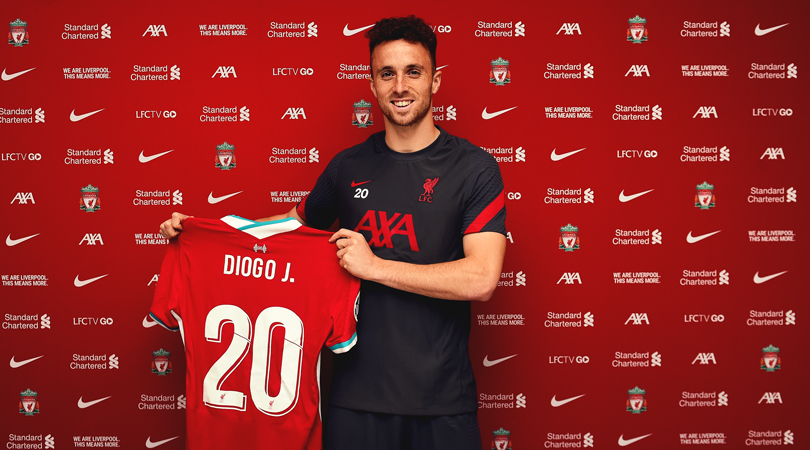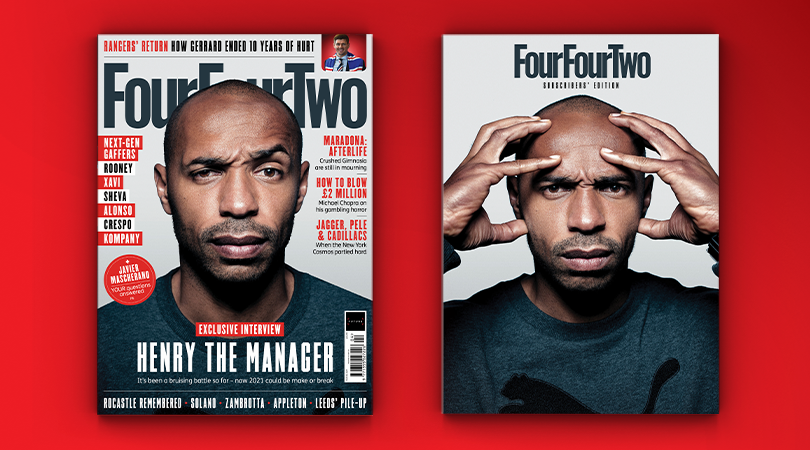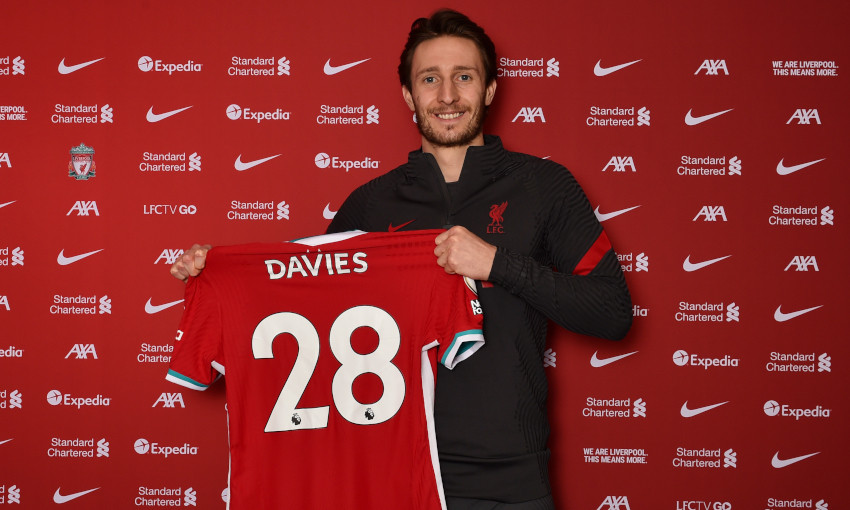Post-pandemic football: How will the transfer market look this summer?
Football's economy has been obliterated by COVID-19 - how will that affect the way big clubs do business this summer?

The Premier League’s capacity to generate large numbers has made it the envy of many its rivals. The size of global fanbases and its multitude of television deals have made it a commercial behemoth. The 2020/21 campaign has generated another staggering figure, but not one to inspire feelings of jealousy.
“Towards the end of this season, we’ll get towards £2 billion lost since the start of the pandemic in matchday revenue and broadcast revenue,” said chief executive Richard Masters last week. It does not require a degree in mathematics to realise that averages out at £100 million per club or to realise that those with the bigger, and usually more lucrative, stadia will have lost more than their peers.
Part of football’s allure is that it can offer escapism from the real world. Sometimes, however, it cannot be divorced from the wider context. The game is conducted to the soundtrack of the soap opera that is the transfer market. There can seem these assumptions that it will continue in a similar vein forever, with its outlandish plots and supersized sums.
And, as Masters hinted, it cannot. The lazy question that, win or lose, surely the board must give the manager money, rarely addresses the issue of how much money there actually is; the answer that there is insufficient to invest heavily should be provided more often now.

IN THE MAG Thierry Henry exclusive! Plus Rangers, Rocastle, Mascherano, Maradona, Chopra, Appleton and more
“The ramifications are that ultimately if there’s less money coming into football, then there’s less money going out in the short term,” Masters said. There has been the same money going out in many respects, which accounts for those losses. Wages are largely a fixed cost; a player whose contract stipulates that he is paid £100,000 a week receives that whether the ground is full or empty. In other years, some of the surplus sums were spent on signings and on expanding the wage bill. Now that surfeit has become a deficit.
The Premier League represented the exception last summer. While most of the rest of Europe, scarred by the pandemic, reined in their spending, its 20 clubs forked out £1.26 billion; presumably, they anticipated the stands would be rather more populated than has sadly proven the case.
But, in turn, may mean they have already committed some of their 2021 funds: Liverpool’s deal for Diogo Jota, with payments staggered over several years, is a case in point. Elsewhere, some income is already swallowed up: several clubs have taken out secured loans with the investment firm MSD Capital and they will have to be repaid.
Get FourFourTwo Newsletter
The best features, fun and footballing quizzes, straight to your inbox every week.
ALISSON EXCLUSIVE “I know the feeling of winning a Champions League final, and I want to feel it again and again” – FFT meets the Liverpool goalkeeper
Even the financial superpower has been hit: Manchester United’s recent financial results showed their debt had risen and their cash reserves were down. They may be able to make one major signing, but not at the price Jadon Sancho would have commanded in 2020.
And the transfer market can need a chain reaction to kickstart it. There are few obvious ways of generating one. There will be fewer Galactico-style signings: any examination of Real Madrid and Barcelona’s financial position shows they are scarcely in a position to buy big, while the cost of Cristiano Ronaldo probably ended Juventus’ chances.
Nor will most French clubs be paying much after the collapse of their television deal. The only real artificial injection of funds can come from those with billionaire owners who are looking to take advantage of a depressed market: obvious candidates include Chelsea, Manchester City and Paris Saint-Germain.

But without a major sale, mid-ranking clubs will be deprived of the amounts required to invest heavily, which can have a knock-on effect for smaller ones. The Championship’s January market may be a glimpse of the Premier League’s future, with far more loan, free and short-term deals; indeed the fact Liverpool signed Ben Davies from Preston for just £500,000 when they required a high-class centre-back felt revealing.
The search for creativity may no longer refer just to flair players. Clubs will have get more imaginative, to look into swap deals, cut-price moves and free transfers, to turn compromise choices into first-choice players. They will have to revive the careers of those they would rather reject and reinvent those they already have if they cannot purchase a series of expensive upgrades.
They also face the question of how much of a loss they are willing to accept. If it is a buyer’s market for anyone with the ability to spend, especially if they have several targets, would-be sellers cannot place unrealistic valuations on a player’s head. As contracts are run down, as players make it clear they see their future elsewhere, millions will have to be written off just to get some return on original investments or supposedly huge assets on the balance sheet.
As Masters suggested, it will not be business as usual. Though there may be some wishful thinking from those who hope and pretend it will be.
Subscribe to FourFourTwo today and save over a third. All the exclusive interviews, long reads, quizzes and more but for less.
NOW READ
CHELSEA Who does Chelsea's loan system work for? How Patrick Bamford left for better things
CHRIS FLANAGAN Son Heung-min's incredible journey to the top: how the Tottenham star made it
Richard Jolly also writes for the National, the Guardian, the Observer, the Straits Times, the Independent, Sporting Life, Football 365 and the Blizzard. He has written for the FourFourTwo website since 2018 and for the magazine in the 1990s and the 2020s, but not in between. He has covered 1500+ games and remembers a disturbing number of the 0-0 draws.

